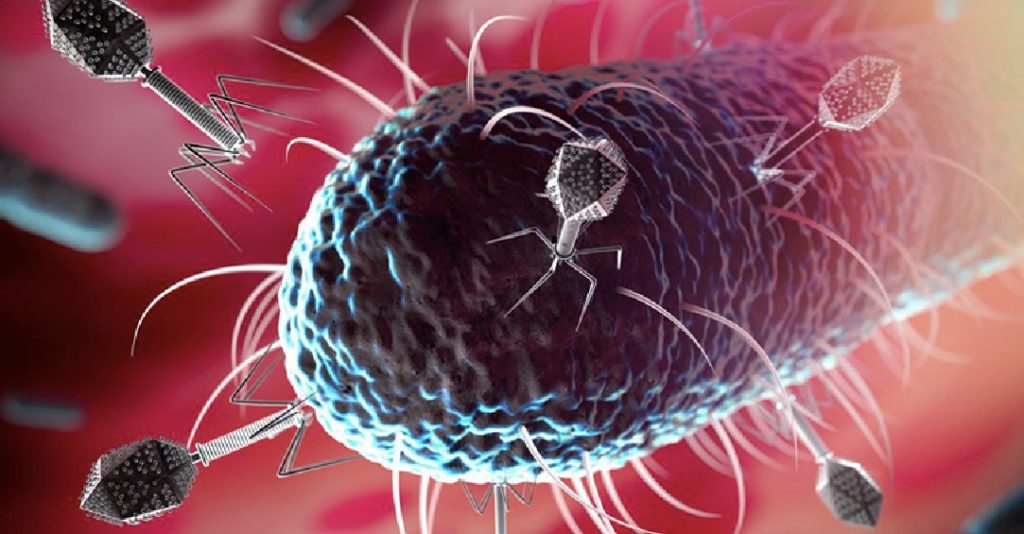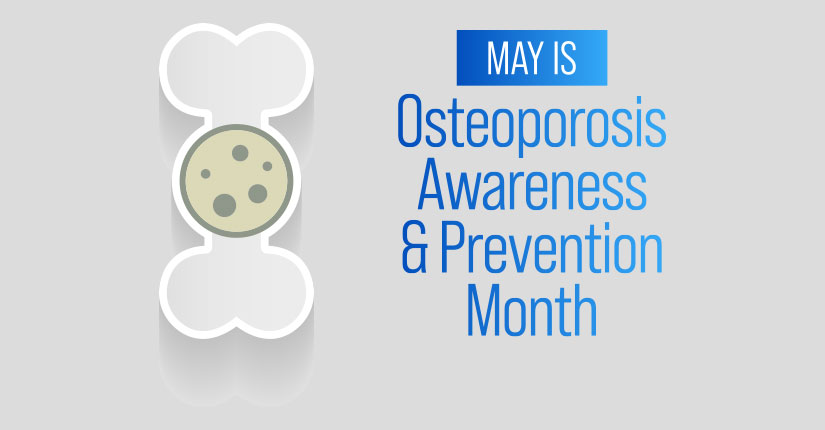6 irrefutable link between Obesity and Gut bacteria
By Nmami Agarwal 19-Feb 2023 Reading Time: 4 Mins

Hippocrates was so right when he said all the disease started in the gut! Our gut is linked to nearly every facet of our health, right from immunity to our mood.
Of late, a lot of research has shown the link between gut health and risk for obesity.
Obesity and obesity-related metabolic disorders are characterized by specific alterations in the composition and function of the human gut microbiome.
Before we take a look at the link between our gut health and obesity, let us first understand the function of the gut microflora.
Our intestine has millions of bacteria, Our gut harbors a complex community of over 100 trillion microbial cells which influence human physiology, metabolism, nutrition and immune function.
The prevalence of obesity has increased worldwide; sedentary lifestyles and increased consumption of food are considered the primary causes for this epidemic.
Here are 6 irrefutable link between obesity and gut bacteria
- It has been reported that the gut microbiota increases energy production from food, provides low-grade inflammation, and impacts fatty acid tissue composition. These mechanisms may link the gut microbiota with obesity.
- Investigators have used genetic sequencing of fecal samples to identify the different strains of bacteria in the gut of 12 obese individuals and compared them with five lean volunteers. Obese individuals had more Firmicutes (bad gut microbes) and nearly 90% less Bacteroidetes (good microbes) than the lean individuals.
- Studies have shown that obese participants receiving a low caloric diet for 12 months show increases in Bacteroides counts associated with weight loss.
- The gut microbiota plays a role in energy metabolism through production of SCFAs (short chain fatty acids). SCFAs are microbial waste products produced by microbes on digestion of fiber and proteins. The beneficial effects of these products have been observed on body weight, insulin sensitivity, and glucose balance
- Antibiotic use changes the gut microbiome. Antibiotic-induced Dysbiosis (imbalance in the gut microflora) induces weight gain. Moreover, exposure to antibiotics at 2 years of age increases the likelihood of developing obesity later in life.
- Use of probiotics has been shown to reduce BMI and total body fat, specifically visceral fat. Adults who received probiotics had significant reductions in body weight, BMI, waist circumference, fat mass percentage compared with adults in the control group.
In short, westernization of dietary habits has led to microbial dysbiosis. Dietary intake of high fiber foods (e.g. fruits, vegetables, and legumes) increased microbial diversity and was associated with reduced weight gain in humans, independently of energy intake.





















